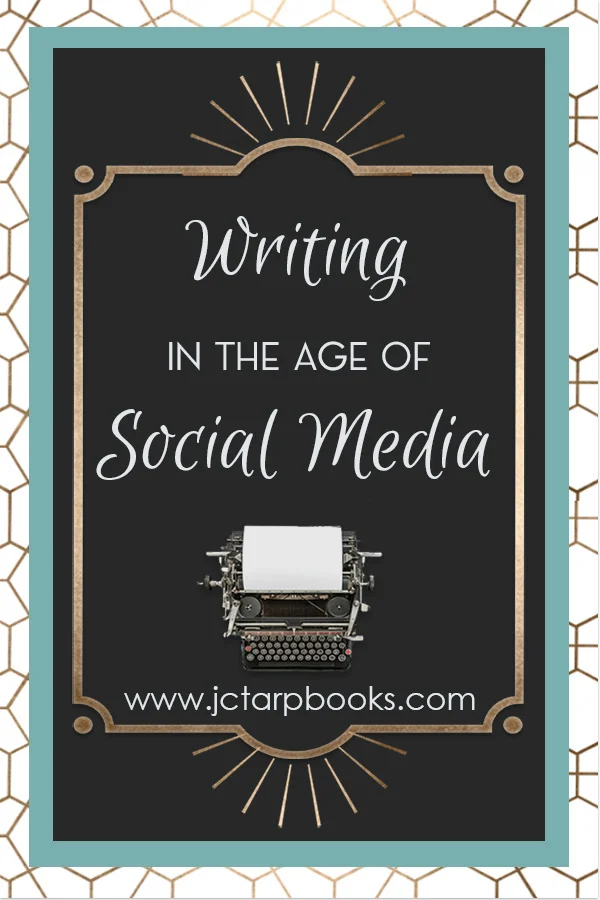Writing In The Age of Social Media
We all know the voodoo of time-sucking social media and the internet. We freak out if our phones aren’t charged. Not for an important call, of course, (please don’t call, eww) but because we might not be connected for even the time it takes to find that charger in the black hole of our purses or the floorboard of the car. I’m sweating just thinking about it.
Social media can also be an awesome aid to a writer beyond being an ahmaaazing procrastinating tool.
We connect with friends and family, read funny stuff. Read sad stuff. Find a new recipe. Get an, “I’m with you sister” when you share that you just ate a block of cheese. Become incensed by things going on in the world and have a tiny outlet to share that if we want. Or we can take something we’ve seen and spin it into a story. Did you know the idea behind The Hunger Games came from Suzanne Collins watching news coverage of the Iraq War? Inspiration can come from anywhere. Plus, whether you’re writing a Facebook post or a tweet, at least you’ve written something.
Social media seeps into our everyday lives; most of us would be lost without it. The problem is when it bleeds into our writing.
Unless you are writing a text string or your character is legit wearing the latest Uggs, wrapped in an infinity scarf, and inside a Starbucks ordering a pumpkin spice latte, they shouldn’t be saying, “OMG” or “LOL” or any other acronym. It’s a huge no-no and firmly plants you in the novice writer camp in the reader’s mind.
Your character physically laughs, which you show. Always show never tell. Instead of “LOL,” you should write something like: She laughed so hard she snorted a little. Besides it being correct, it adds much more to the reader’s journey as they envision this. Otherwise, they’re just saying the actual letters “L-O-L” in their minds. In addition, it’s another way for you to enrich your character. Was the snort cute? Did she snot everywhere? Was it in the middle of a funeral, which is totally something she would do? You get the idea.
No one says, “AF.” They say, “As fuck.” If you can’t write it, the character shouldn’t say it.
You need to spell it out. People don’t actually speak in abbreviated forms. To borrow from Sir Mix-A-Lot, “Oh my god, Becky, look at her butt.” Write out the words. (Also, it makes me so angry that “Baby Got Back” is on some pizza commercial that I want to flip a table.)
We get so used to one format that it’s sometimes awkward to go back to another. On most social media outlets, to emphasize or stress a word you have to use CAPS. This equates to yelling in prose. So when I’m reading a story and the character says, “SOMETHING IN ALL CAPS,” I think they’re yelling. Most times they aren’t. Because I’m reading a book. Nothing has changed just because social media has taken over our brains, proper form still matters - italicize words you want to stress. It takes one click. I don’t want to read about some guy who is all angry and yells random words. This applies not only to dialogue but internal dialogue, exposition, and action as well.
So, make sure that text message: “OMG LOL I can’t believe Karen just said THAT, she’s crazy AF,” doesn’t wind up coming out in the writing of your manuscript or screenplay. Hook your readers, don’t confuse them.



